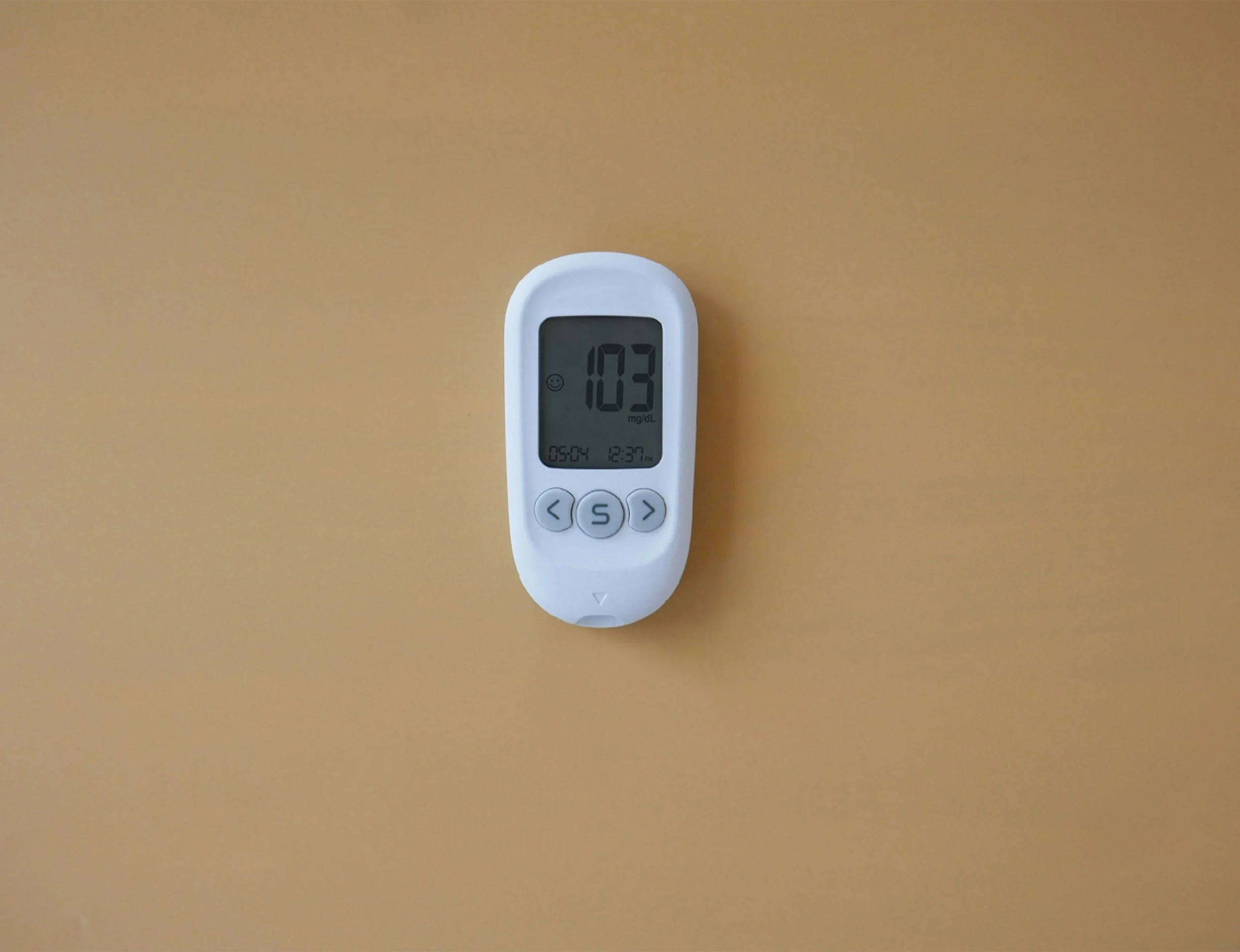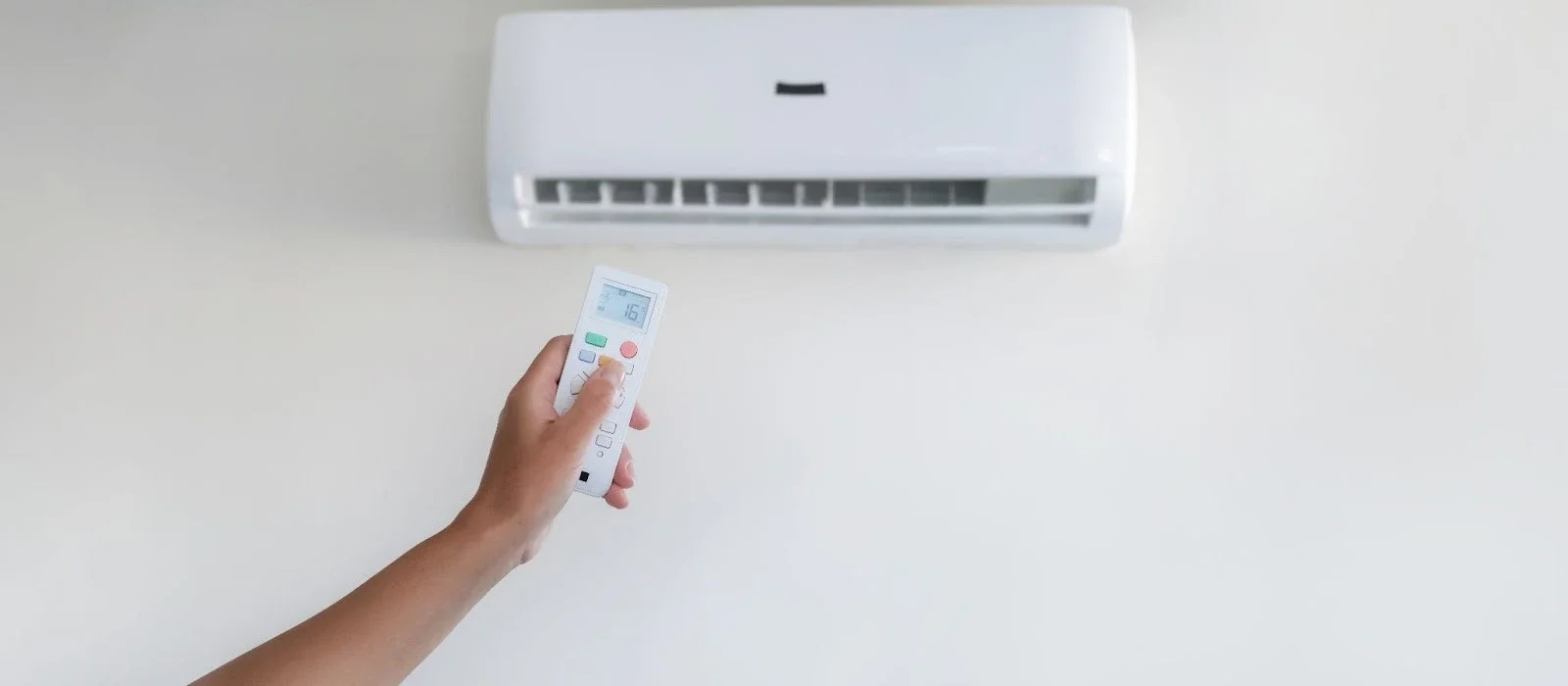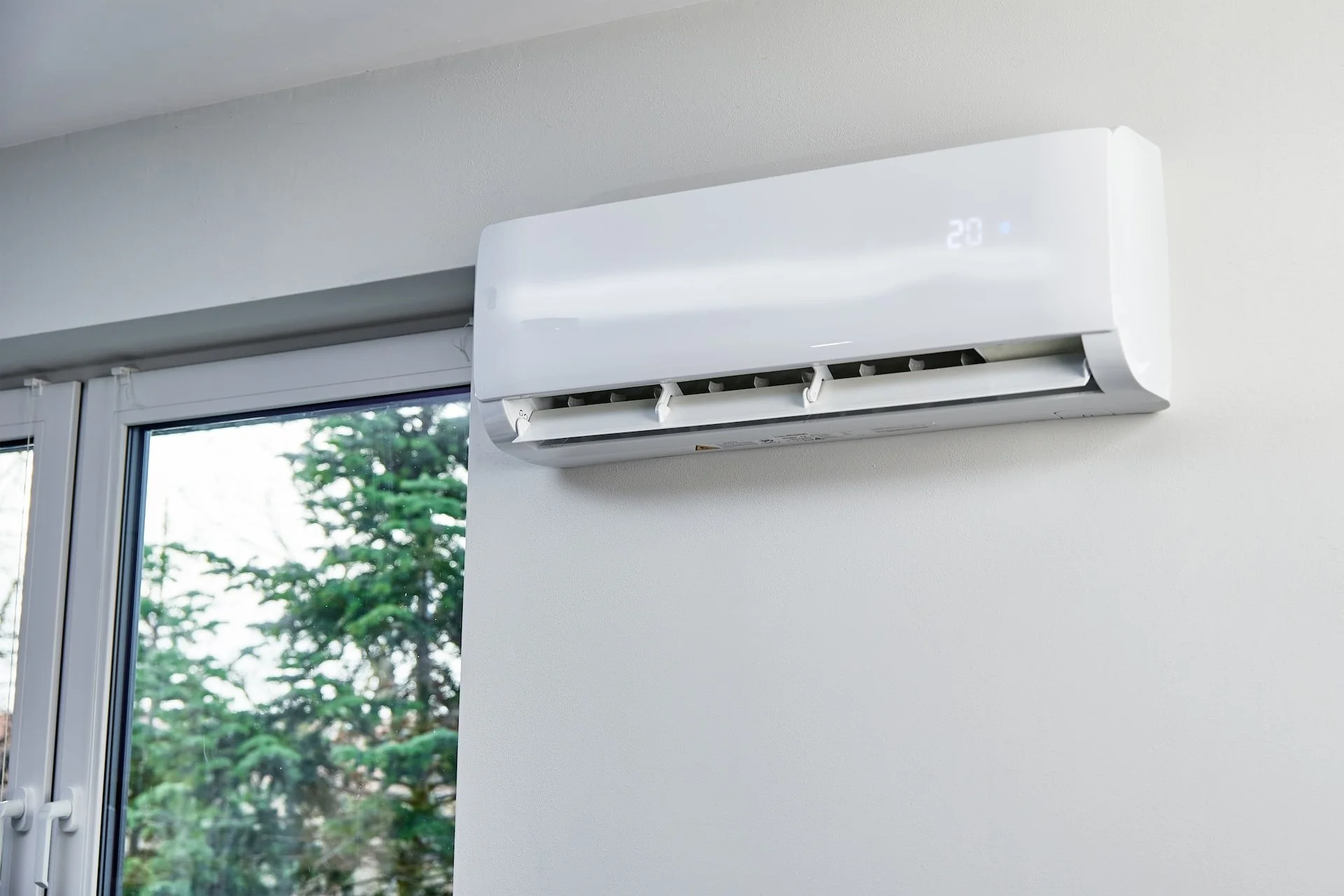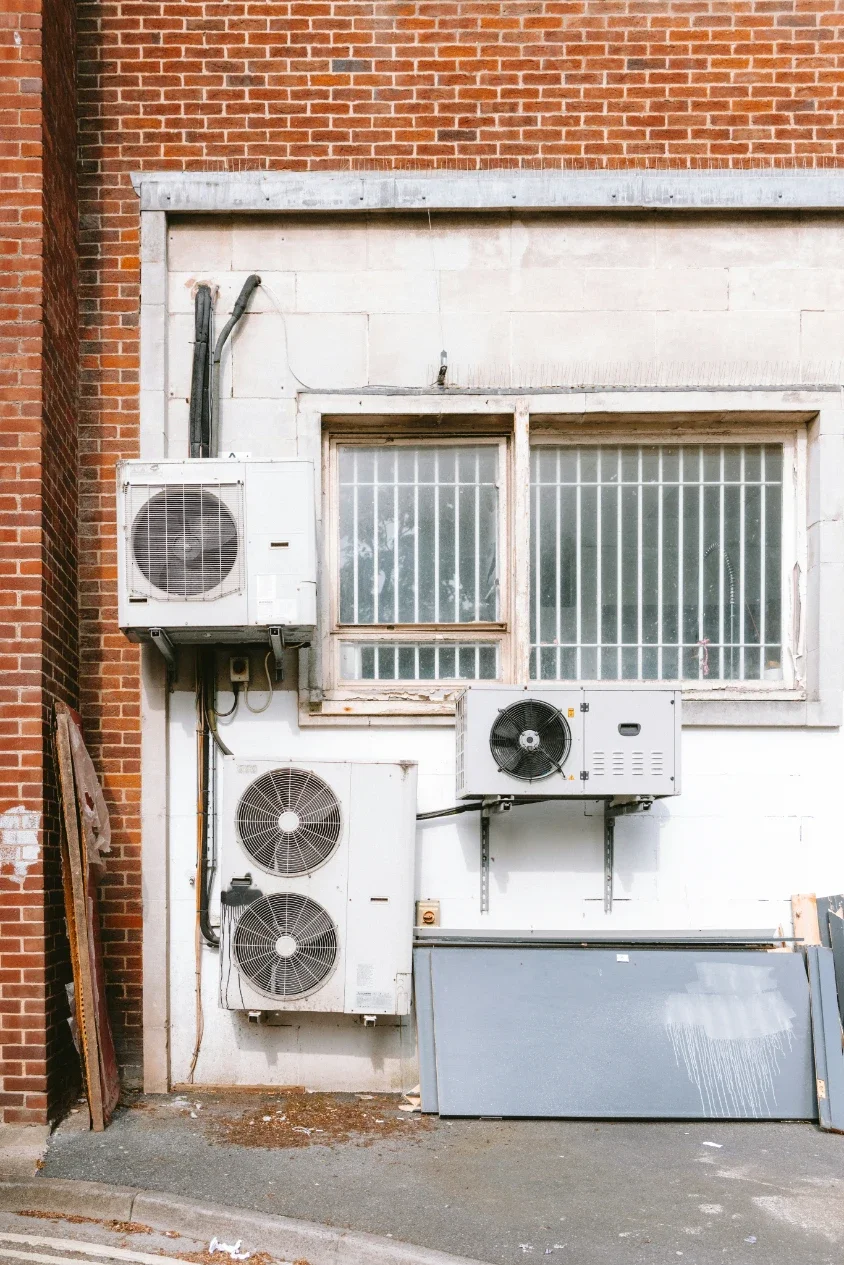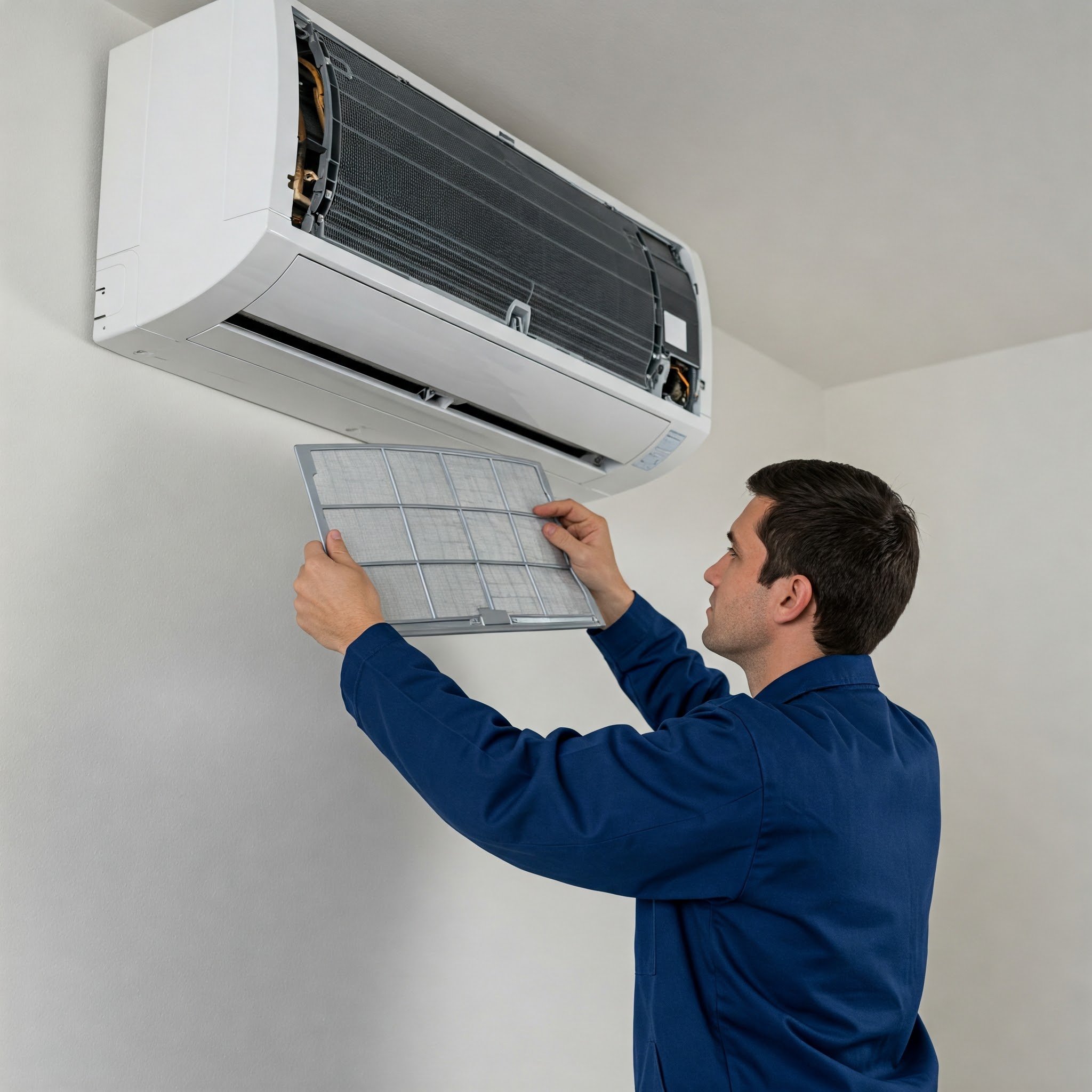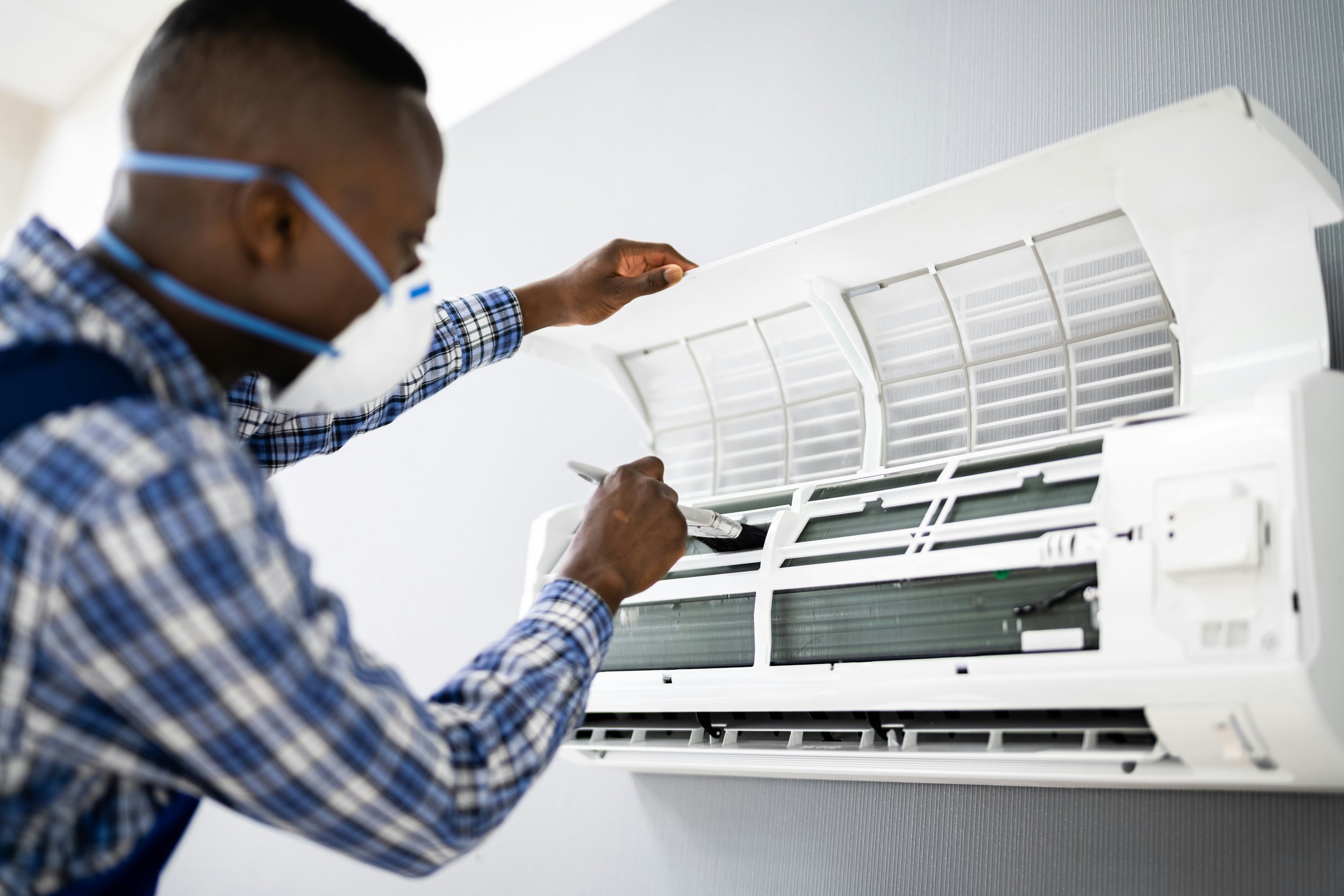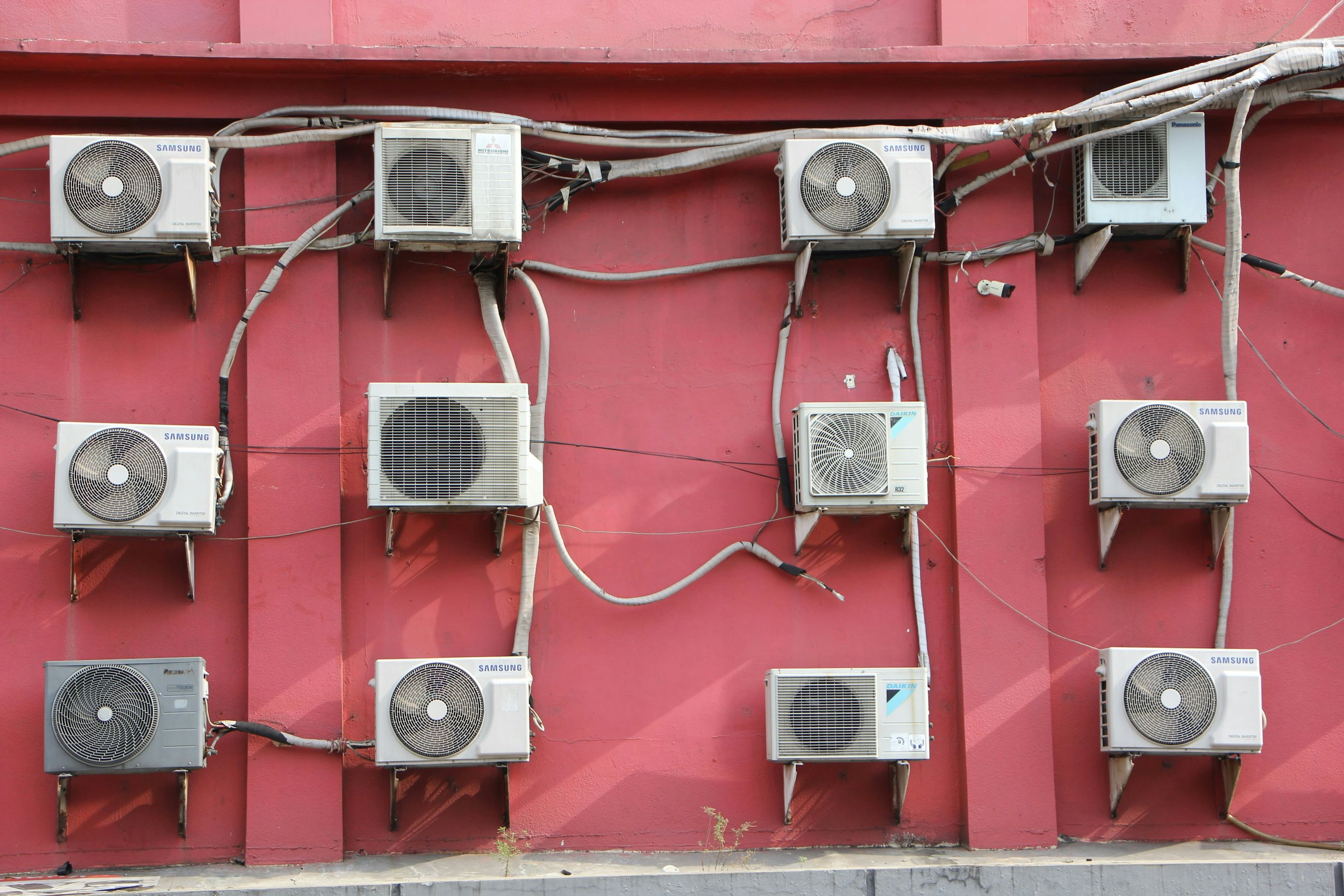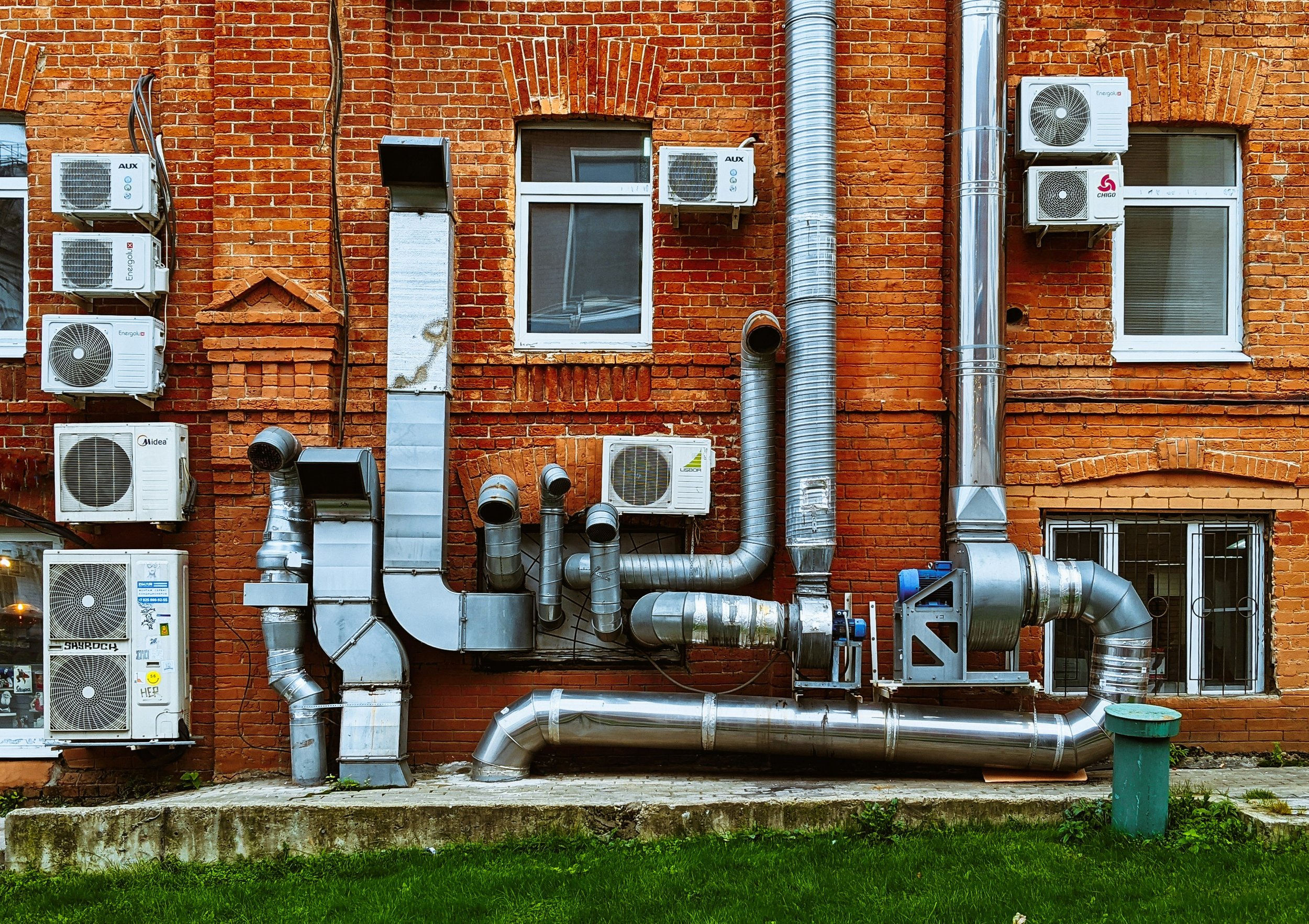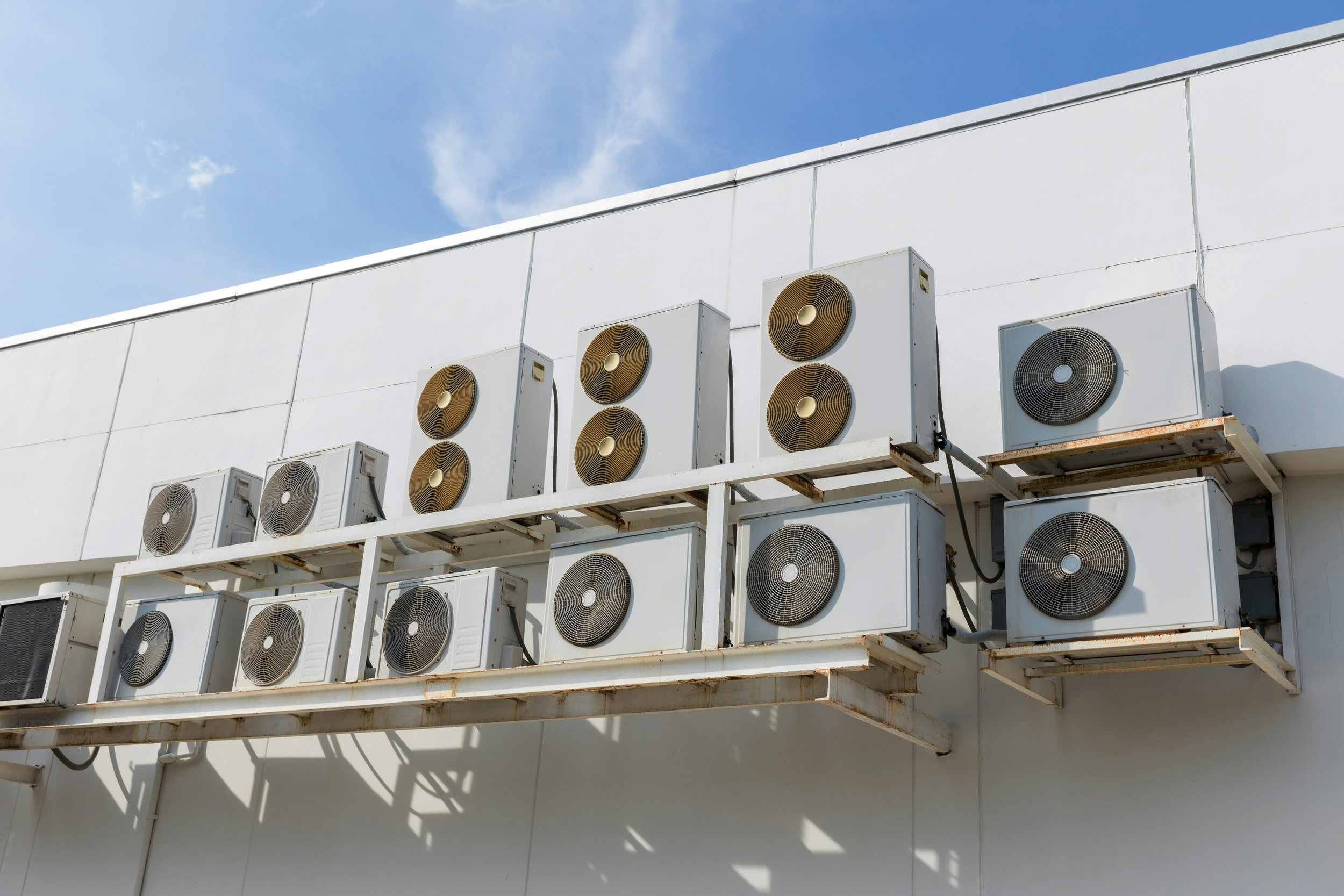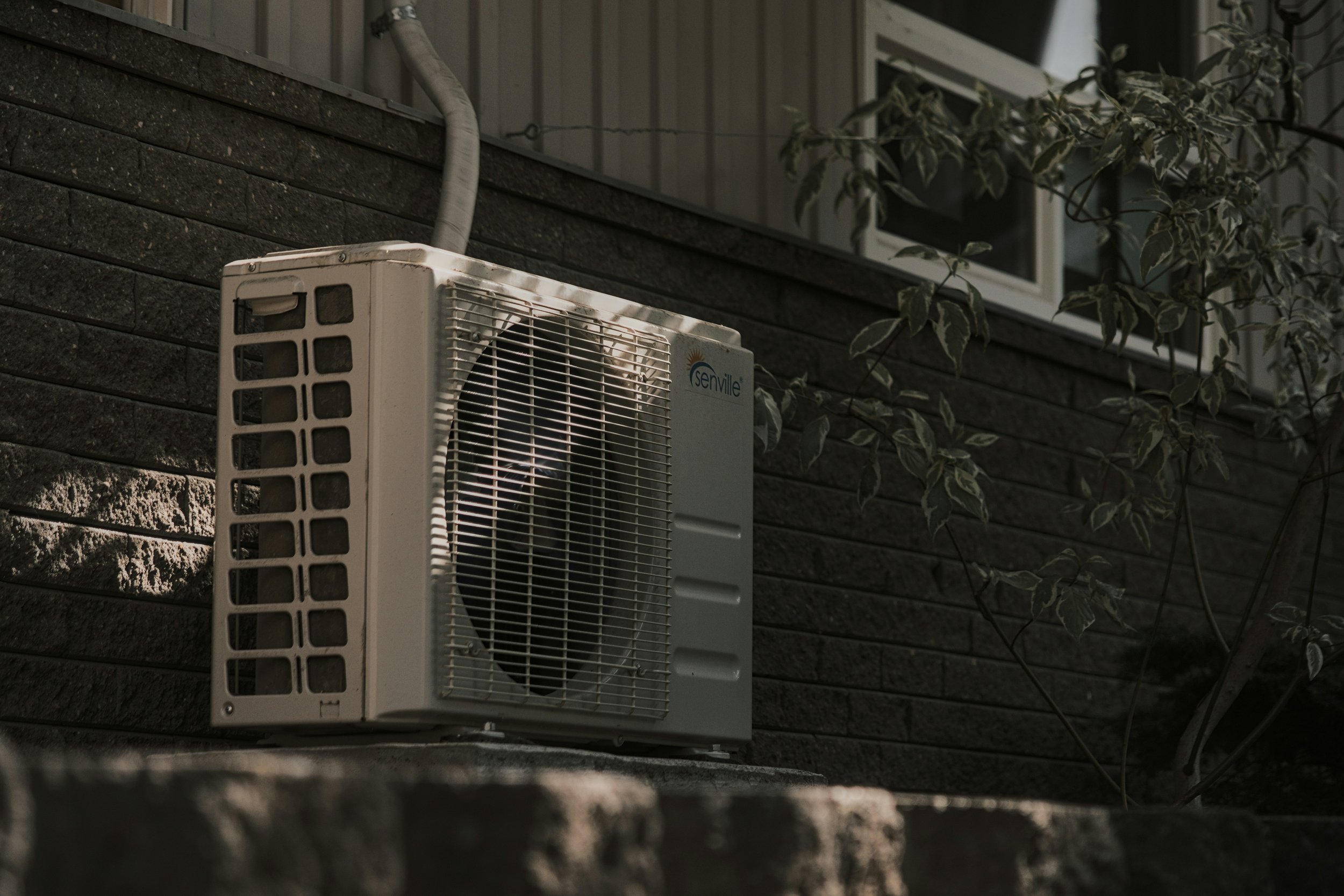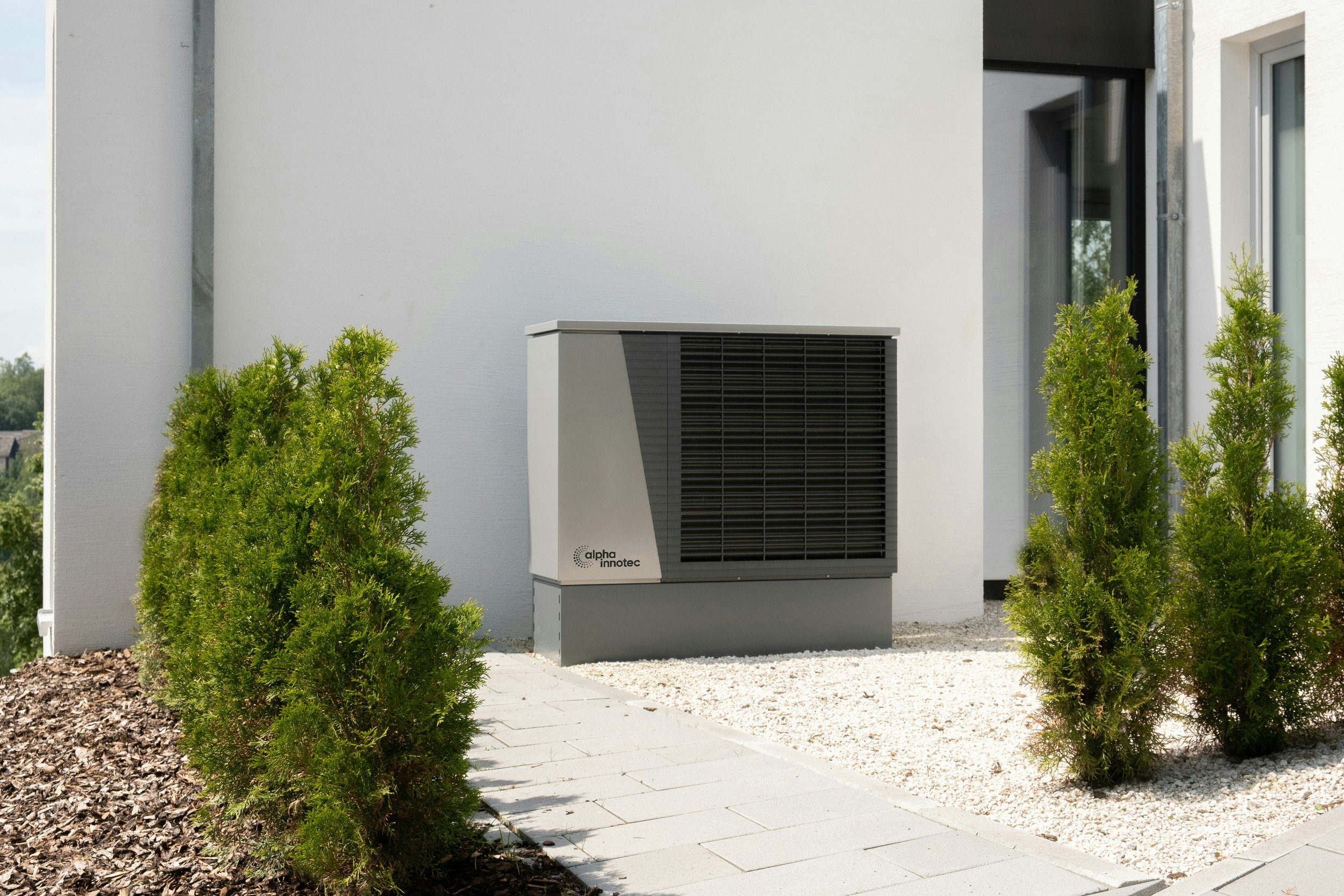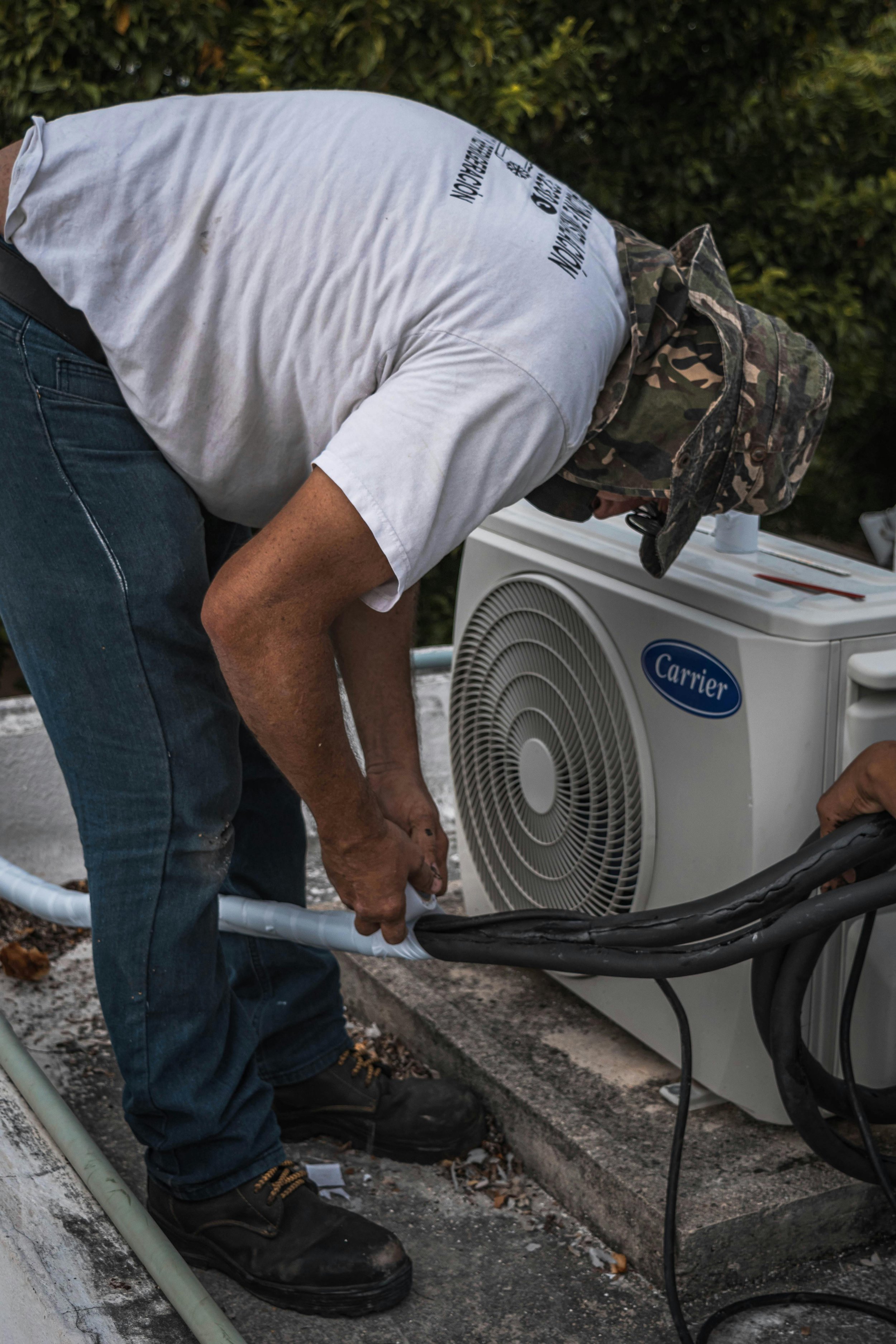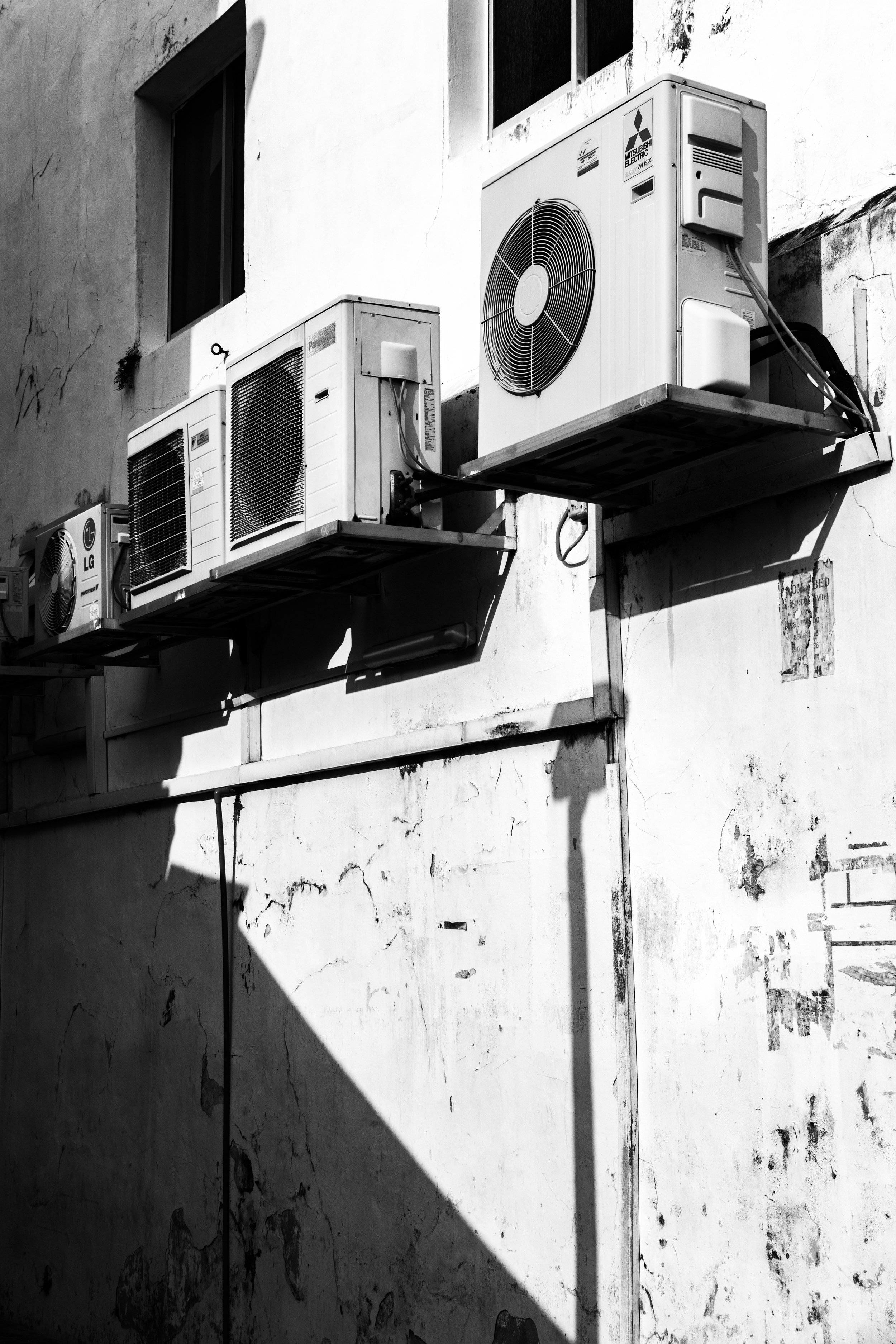How to Keep Your Home Cool Without Overworking Your AC
Keep your home cool and comfortable with these smart tips that reduce heat and energy use—without putting extra strain on your air conditioner.
Hot summer days are no fun. They can push your air conditioner to its limit. Many homeowners rely too much on their AC during hot months, and an AC that runs nonstop can break down faster and cost you more money. However, with a few adjustments, you can keep your home cool and protect your AC at the same time. In this article, we will talk about why ACs need rest, some warning signs to look out for, and how to lighten the load naturally.
Why Your AC Needs Rest
Your air conditioner is one of the hardest-working appliances in your home. Unfortunately, the parts wear out faster if you push them too much. This can cause problems like:
Leaks
Inefficient energy usage
Frozen coils
Weak airflow
Ignoring these signs can lead to high bills and expensive repairs. That’s why experts always recommend regular check-ups and timely air conditioner repair when needed.
Signs Your AC May Need a Tune-Up
Even if you use your AC wisely, problems can still come up. Being a little attentive can save you from major expenses later on. Keep an eye out for these signs:
Unusual sounds: Strange sounds like rattling or banging when your AC runs are serious. It could mean that some parts are loose and malfunctioning.
Sluggish airflow: Pay attention if things don’t feel as cool and “breezy” as usual. Weak airflow might mean your filter is clogged or your ducts are blocked.
Uneven cooling: Uneven temperatures in different rooms can point to leaks or clogged filters.
Reduced energy efficiency: You should never take a sudden spike in your energy bill lightly. It could mean your AC is working harder than it should.
When to Call for AC Repair
Sometimes, small problems need immediate attention before they get worse. It’s always better to handle minor repairs early to avoid significant, costly issues later. Here are some critical signs to look out for. If you spot them, it’s time to call a professional:
Random shutdowns: If your AC keeps shutting off and turning on, call a pro right away.
Water leaks: If you see water leaking around your unit, you may have a clogged drain or frozen coil.
Unpleasant odor: Bad smells from your vents often indicate a serious problem. It could signal mold or burnt wires that need immediate attention.
Easy Ways to Lighten the Load
An AC can be your best friend during the sweltering summer heat. Unfortunately, a machine can only do so much. Sometimes, you must go the extra mile to help maintain a comfortable temperature. You can:
Keep blinds and curtains closed during the day: This stops the sun from heating up your rooms. Less heat means your AC works less.
Seal windows and doors properly: Small gaps let cool air escape and warm air in. This makes your AC work harder to maintain a steady temperature. Sealing windows keeps your house cooler for longer.
Use fans for air circulation: Ceiling fans help move cool air around the house. This aids with ventilation. Fans should point counterclockwise in summer to push air down.
Change air filters regularly: Dirty filters block airflow. This makes your AC work harder, which wastes electricity. Fresh filters protect your AC from overload and help save energy.
Endnote
Keeping your home cool does not have to drain your wallet or damage your AC. Small steps like using fans, blocking sunlight, and sealing leaks can do wonders for your savings. Additionally, regular check-ups and fast repairs will keep your AC running for years. If you’re worried about your AC’s performance, don’t wait. Contact trusted experts to keep your home comfortable and your energy bills under control.
